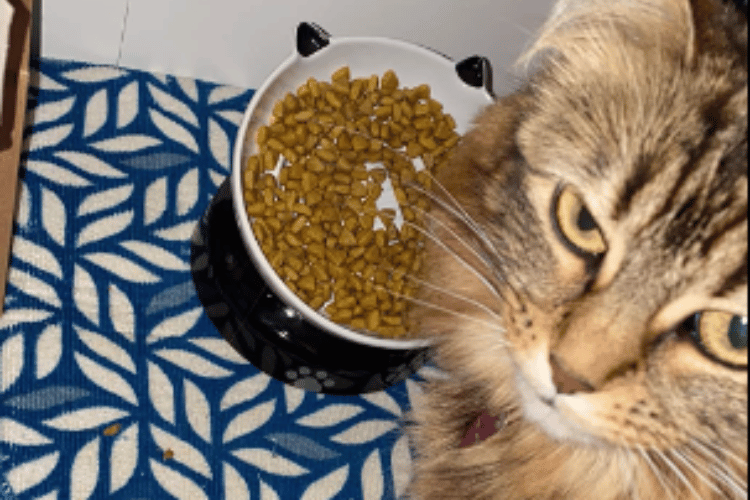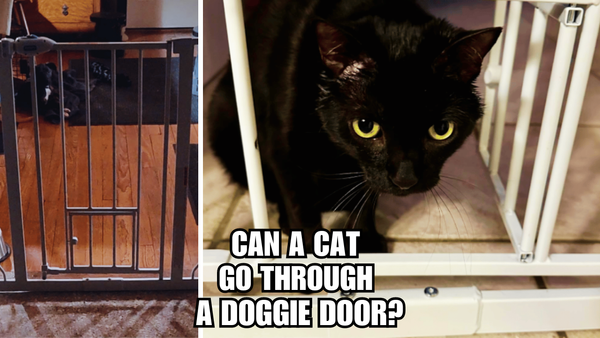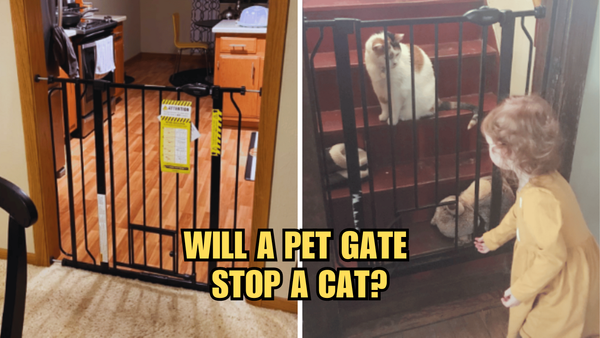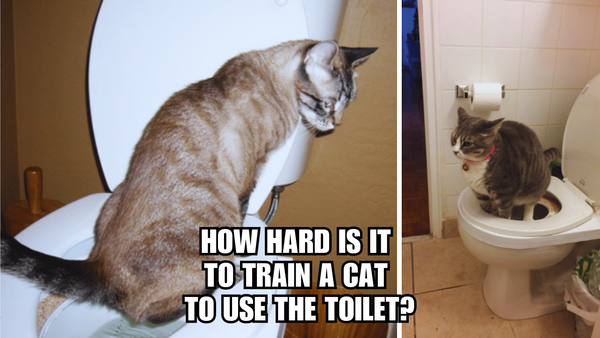We all want our pets to live a happy and healthy life. The first step towards achieving this is by ensuring that they receive a proper and nutritious diet.
However, this can be challenging if your cat has a sensitive stomach. However, fear not because there are a number of effective solutions that can help relieve digestive issues in your furry feline.
In this post, we'll take a closer look at the best foods to feed a cat with a sensitive stomach.
Firstly, it is important to understand the difference between food intolerance and food allergies in your cat's diet. Some symptoms of food intolerance include diarrhea, vomiting, and flatulence.
However, cats with food allergies show different symptoms such as itchy skin and inflamed ears. Therefore, it is essential to find the root cause of your cat's digestive issues.
One of the solutions to feeding cats with sensitive stomachs is to provide them with a grain-free diet. This is because grains like wheat, corn, and soy can be difficult for some cats to digest.
The best cat foods for sensitive stomachs are those made with high-quality meats such as turkey, chicken, and fish. Look for food with probiotics and digestive enzymes as these have been shown to support digestive health in cats.

Another suggestion is to feed your cat a combination of wet and dry food. As a rule of thumb, water should make up at least 65% of your cat's diet. Dry food is a good choice since it helps to clean your cat's teeth and can be left out for cats to graze on throughout the day. Wet food, on the other hand, provides hydration and can be a lifesaver for cats with sensitive stomachs.
If you prefer a homemade solution, cooked chicken, turkey, and beef are good sources of protein. Add a bit of vegetable fiber such as pumpkin or cooked yam to help stimulate the digestive system. Avoid feeding your cat dairy products since lactose intolerance is a common issue in felines.
When introducing a new food to your cat, go slowly. Start by mixing a small amount of the new food with your cat's old food. Then increase the amount of new food slowly, day by day, over a few weeks. This helps your cat's digestive system to adjust to the new food gradually without causing any issues.
Feeding a cat with a sensitive stomach may require some thought and experimentation. The key is to find a high-quality diet that works for your cat’s individual needs. We hope that you found this post informative and helpful. Remember that a cat with a healthy digestive system is a happy cat.
Have you found any other solutions that work for your cat’s sensitive stomach? Share your experiences and feedback in the comments section below.
Thank you for visiting LegitLists we hope this helps you make a legitimate choice!
Our goal is to provide you with the information you need to make legitimate choices. If you buy something through our links, we may earn a commission.






